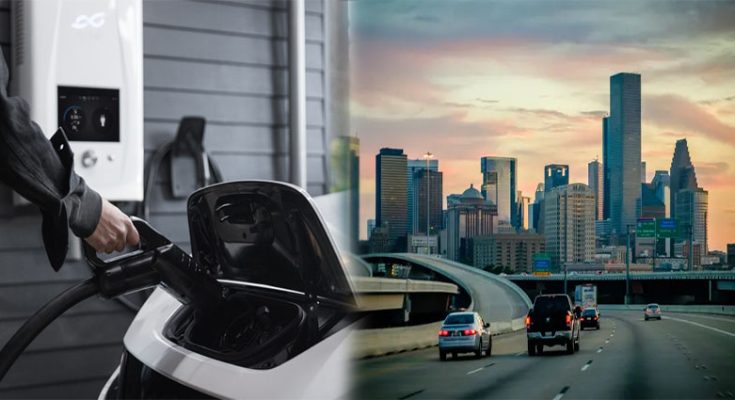The world is on the cusp of a major shift in vehicle technology. The shift away from gasoline and toward electricity is happening faster than anyone predicted and will dominate the global market within 10 years. This is good news for car buyers, who are increasingly being driven out of the showroom by low-cost electric vehicles that have lower maintenance costs and less environmental impact.
Electric vehicle sales are expected to dominate the global market within 10 years.
Electric cars are expected to dominate the global vehicle sales market within 10 years.
The reason for this is simple: electric cars are cheaper than their gas counterparts and they cost less to maintain, they’re better for the environment and they help stimulate local economies.
Electric car owners can save up to $5,000 per year on fuel costs alone–that’s a lot of money! The average household spends about $3,000 per year on gas for their car or truck according to AAA (American Automobile Association). If your typical commute is 15 miles each way every day then you’ll save about $3900 over 5 years just by switching over from gasoline powered vehicles like SUVs or trucks into an EV (electric vehicle). That adds up fast!
The shift from gasoline to electricity is likely to happen faster than anticipated.
The shift from gasoline to electricity is likely to happen faster than anticipated. The reason for this is that the benefits of electric vehicles are becoming more widely understood, and as a result more people are starting to purchase them. This has been accelerated by government subsidies in many countries around the world that provide financial incentives for consumers who purchase an EV.
For example, France offers an incentive worth up to 10% of the price tag on an EV if you outfit your home with solar panels or solar water heaters; Norway provides tax exemptions on purchases of EVs; Japan offers tax breaks worth up to 50% of their value (and free parking); China offers subsidies worth up to $9000 per vehicle purchased domestically; India gives out free public charging stations along major highways throughout its major cities
The economic benefits of electric vehicles are many, including lower maintenance costs and less environmental impact.
Electric vehicles are cheaper to run, maintain and even repair. The cost of electricity is generally cheaper than petrol or diesel and you don’t have to pay for oil changes or new tires. You will also save money by not having to pay for routine maintenance such as brake fluid replacement, air filter replacement and spark plug changes which can add up over time (especially if you drive long distances).
Electric cars are also better for the environment because they produce no harmful emissions when driven by an electric motor instead of burning fossil fuels like gasoline or diesel. This makes them more environmentally friendly than conventional vehicles that rely on internal combustion engines (ICE). Additionally, if your vehicle uses an internal combustion engine then it could produce nitrogen oxide (NOx) pollutants which contribute towards global warming; however this is less likely in an EV due to its lower CO2 emissions per kilometre travelled compared with conventional cars – especially since most EVs have efficient regenerative braking systems that return energy back into their batteries when slowing down after accelerating from high speeds (this doesn’t apply if you’re driving downhill though).
In some countries, government subsidies for electric vehicles are pushing demand up.
The government subsidies are helping to push demand up. In some countries, government subsidies for electric vehicles are encouraging people to buy them. The idea is that this will help reduce pollution and dependence on foreign oil.
The shift from gas to electricity is happening quickly
Electric vehicles are becoming more popular, and they’re expected to dominate the global market within 10 years. The shift from gasoline to electricity is likely to happen faster than anticipated.
The economic benefits of electric vehicles are many: lower maintenance costs, less environmental impact (thereby reducing greenhouse gas emissions), less reliance on foreign oil–the list goes on!
The shift from gasoline to electricity is happening quickly. The economic benefits of electric vehicles are many, including lower maintenance costs and less environmental impact. In some countries, government subsidies for electric vehicles are pushing demand up as well.





